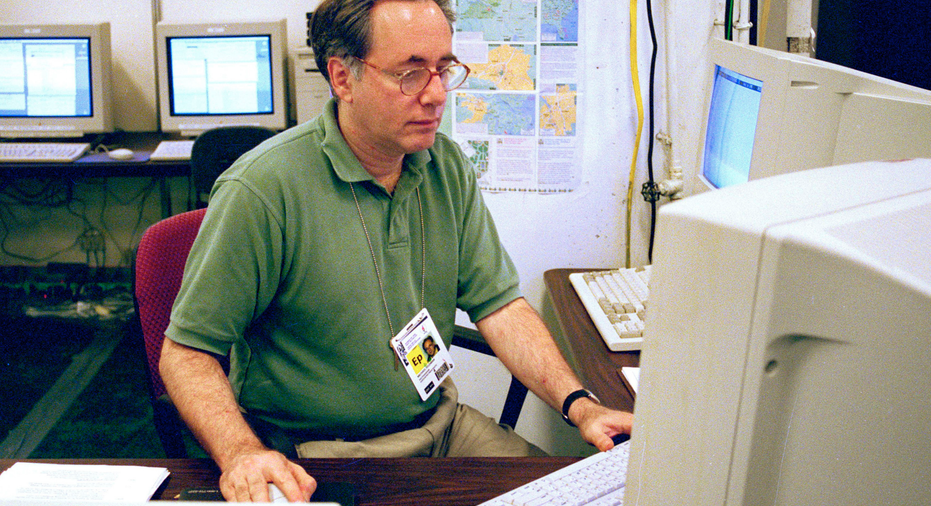Michael Feldman, former top AP photo editor, dies at 70

PHILADELPHIA – Michael Feldman, a top photo editor whose 40-year career took him from the gritty streets of Philadelphia to major international sporting events including the Olympics and soccer's World Cup, died Wednesday. He was 70.
Feldman, who spent two decades as a photography news leader at The Associated Press before his 2008 retirement, died at his Philadelphia home, according to his son, Adam Feldman. He had suffered serious health problems in recent years.
Photographers remembered Feldman as a tough but kind editor who cared deeply about their well-being.
Feldman was "the father of an entire generation of photographers" — those who covered the war in Bosnia in the 1990s — said Jerome Delay, now the AP's chief photographer for Africa.
He recalled that Feldman once threatened to fire him for venturing into a front-line trench in Sarajevo, and then told him: "Great photo. Don't do it again."
"He never pushed us into things we didn't want to do, listened to us when we felt we could push the extra mile, and protected us from bullets and bosses," Delay said. "Fighting for the photographers, protecting them, and listening to them was Mike's trademark. And for that he is remembered and missed."
The Philadelphia native caught the photography bug as a young teenager, with his carpenter father helping him build a darkroom in their home.
Feldman worked as a staff photographer for United Press International in Philadelphia early in his career. Among other assignments, he covered the nation's bicentennial; a deadly 1978 standoff between police and the radical group MOVE; the assassination of mob boss Angelo Bruno; and Philadelphia's pro sports scene, aiming his lens at stars including the Philadelphia Phillies' Pete Rose and the 76ers' Julius Erving.
"Half my career was as a street shooter," he once wrote.
Feldman then headed overseas, working for Reuters in Brussels as a photo editor and photographer before joining the AP in 1988. He oversaw the news cooperative's international photo operation from London for more than a decade before returning to New York as senior photo editor for sports.
Feldman ended his career as AP's deputy director of photography, responsible for international news photo coverage and major sporting events.
"The one constant that I most admired was his attentiveness and concern, not only for the photos we produced but also the people who created those images," said longtime colleague Denis Paquin, AP's acting director of photography.
Friend and former AP photo manager Jim Collins recalled the scene at the 2002 Winter Olympics in Salt Lake City, where AP photographers from around the world had converged.
"As all the photographers would come in, you had Italians and Germans and French and Dutch and Japanese, they all knew Mike and they all greeted him so warmly with hugs. Sometimes he was pretty tough on them, but they all respected him, and it looked to me like there was a genuine love," said Collins, now the director of photography for NBC News. "It stayed with me a long time."
Feldman never stopped taking photos, concentrating on Philadelphia architecture, people in local parks and his own family. He got a new Leica a month before his death.
"It was definitely his life's passion," Adam Feldman said.
Besides his son, Feldman is survived by his wife, Mary-Ann Feldman, and his mother, brother, daughter-in-law and a grandson.



















